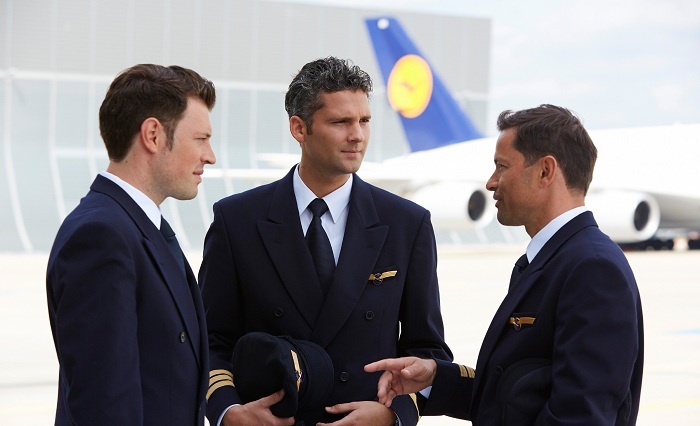
Lufthansa records strongest ever financial results
Lufthansa Group has reported total revenues of €35.6 billion for 2017, a 12.4 per cent increase on the previous year.
Adjusted EBIT at the group stood at €2.97 billion, a significant 69.7 per cent year-on-year improvement.
And the 8.4 per cent Adjusted EBIT margin was up 2.9 percentage points compared to previous year.
EBIT for the year increased more than €1 billion to €3.3 billion.
The strong increase of EBIT includes the positive €582 million one-off effect from agreeing on the collective labour agreement with the Vereinigung Cockpit union for the pilots of Lufthansa, Lufthansa Cargo and Germanwings, which was recognised in the income statement in December.
“Our endeavours of the past few years are paying off.
ADVERTISEMENT
“Our modernisation has a sustainable impact.
“We have achieved the best result in the history of our company.
“Last year was a very good year for our customers, our employees and our shareholders,” said Carsten Spohr, chairman of the Deutsche Lufthansa.
“Last year we were able to reduce costs again, while at the same time becoming the first – and the only – airline in Europe to be awarded a five-star rating.
“We are lowering our costs where this does not affect the customer and are simultaneously further investing in our product and service quality.”
The Lufthansa Group invested some €3 billion in 2017, around a third more than in the previous year.
This is partly due to investments of some €900 million into aircraft from the Air Berlin flight operations.
“These higher investments also reflect the increased size of our group.
“But investments relative to revenue remain on one level with the world’s most successful airlines,” commented Lufthansa chief financial officer, Ulrik Svensson.
He added: “We are particularly pleased that we were again able to lower our passenger airlines’ unit costs excluding fuel and currency factors last year.
“This is in particular as passenger related costs were actually up due to higher load factors, the variable remuneration was higher in light of strong result development, and additional costs because of compensation paid for the flight cancellations at airberlin burdened our cost as well.”
Despite the higher capital expenditure, free cash flow almost doubled in 2017 to €2.3 billion.
Net financial debt rose 6.8 per cent to €2.9 billion.
This figure includes an initial €1.7 billion funding for the new defined contributions model of the flight attendants’ pension fund.

